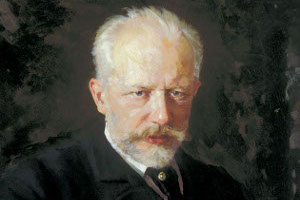That Moondog was an eccentric is an understatement. But he was also a serious musician. He was basically self-taught and composed in a wide-open style that showed influences of street sounds, jazz, classical and the blues. Leonard Bernstein, Arturo Toscanini, Benny Goodman and Charlie Parker all knew of him.
In his search for new sounds, he also invented musical instruments, the most famous being the Trimba, a percussion instrument. Distraught over the death of his friend Charlie 'Bird' Parker, the famous saxophonist, Moondog wrote Bird's Lament. The piece is usually played by saxophones and percussion, but it has also been played by many other instrument combinations.
Moondog's Bird's Lament:
Symphonique #3 (Ode To Venus) is written for chamber ensemble of strings and winds. It begins quite simply, and layer upon layer of instrumental timbers and textures until it reaches a climax and the piece ends. Moondog's music can be simple, but the simplicity can be deceiving. I personally find his music hard to pigeon hole, but very enjoyable.
Symhonique #3 (Ode To Venus) by Moondog:



